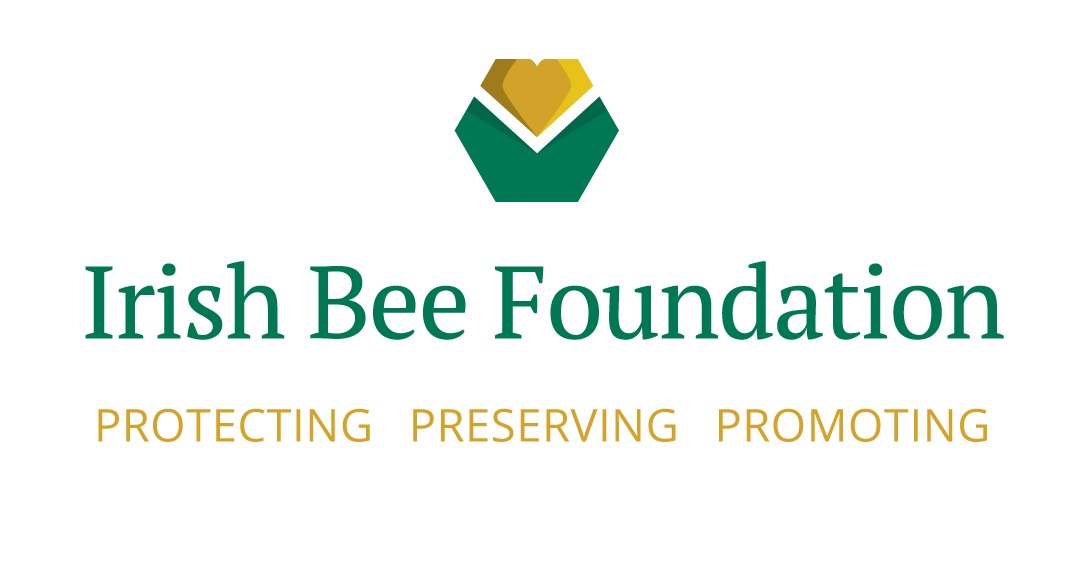We are all aware of the dire situation for bees in general, being wiped out across the world because of various factors which coined the title ‘Complete Colony Collapse’ being used by numerous experts and commentators in all media types over the last 30 years particularly.
The beekeeping world and others have rallied to keep and protect our pollinators in a meaningful way with the help of research and further education into the needs of these ingenious insects in order to keep them thriving long after we are gone. Positive results are being shown around the world since the principle causes of pollinator mortality have been identified and steps taken leading to protection.

fabka-bee-on-blossom
Teagasc offers an excellent booklet on honey production, available on their website, which walks readers through a typical beekeeping season. It highlights the importance of hygienic practices and the benefits of knowledgeable beekeeping.
Beekeeping, especially with honeybees, has greatly advanced thanks to scientific research. Even as hobbyists, beekeepers can significantly support bees through informed care. The enjoyment of harvesting “liquid gold” by late August is a rewarding experience, though it requires discipline, understanding, and a commitment to the bees’ welfare.
Starting as a hobby allows beginners to gauge their long-term interest and commitment. Beekeeping is a responsibility as you are tending to livestock, learning to read their “moods” and ensuring their well-being.
The best approach is to begin with some basic education, ideally through a beginner’s course endorsed by the Irish Bee Foundation. This course will provide reliable, Ireland-specific information essential for successful beekeeping.If interested, keep an eye on the website for when the next classes are announced.
Caution is advised with online resources, as many are unsuitable for Irish conditions. Books and lecture notes are also helpful, as they provide reliable information that can be revisited as you gain experience.
Not everyone will continue with beekeeping after an introductory course, which is fine. You may find it more enjoyable to partner with a local beekeeper, assisting on inspection days or during the honey harvest. This way, you can still contribute to bee conservation and gain rewarding experiences.
Beekeeping is ultimately about creating a harmonious relationship with bees through dedicated, competent care that benefits both you and the colony.
What is Beekeeping All About?
A journey into understanding bees, habitats, pollinators, pests, and the rhythms of our climate.
Getting Started
Practical things to consider when going into beekeeping.
Beekeeping in the Irish Climate
How to ensure that your study guides are aimed at the correct climate.
Practical Inspection Tips
Handy practical things to be considered when you start your beekeeping journey
Occupants of a Hive
What types of bees are there in a honeybee colony?
Pollen & Nectar – Sources and Purpose
Understanding the main requirements of honeybees – pollen, nectar, water and propolis.
